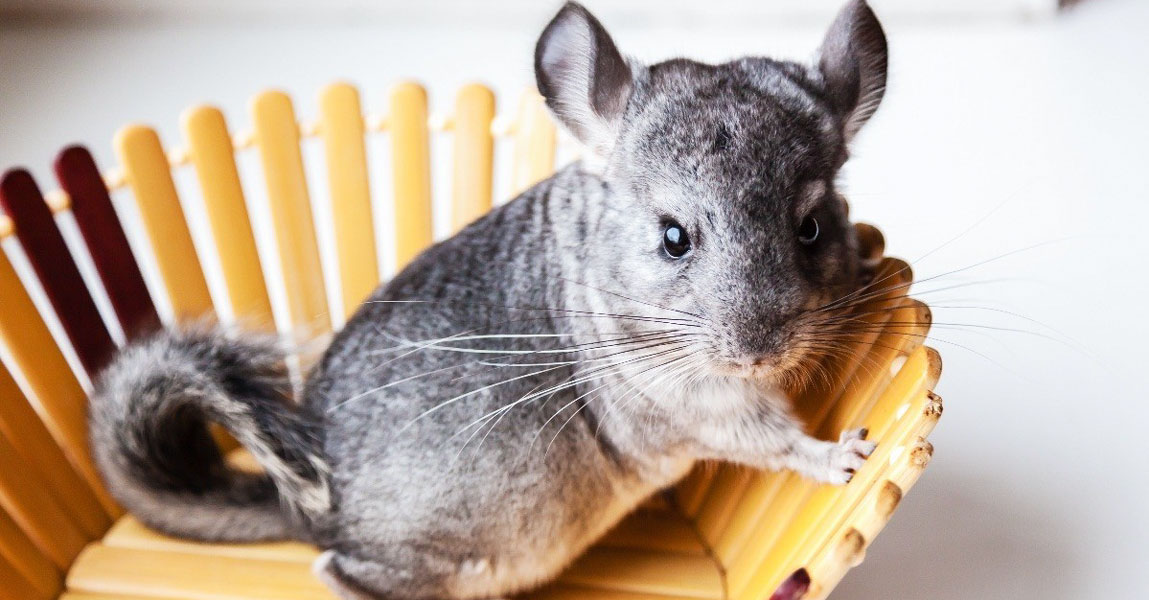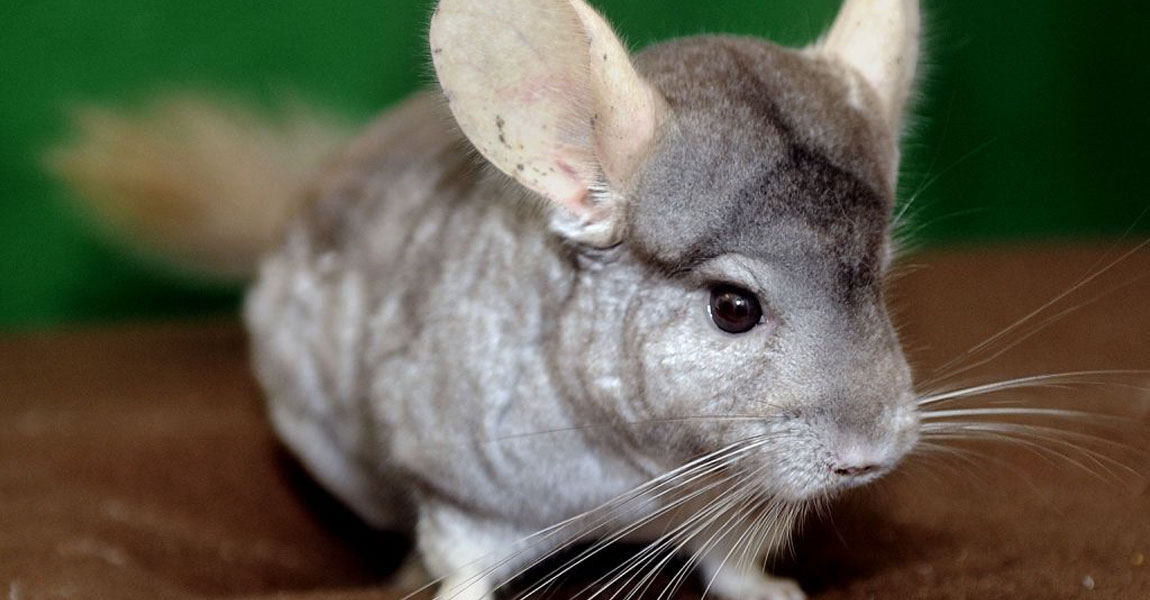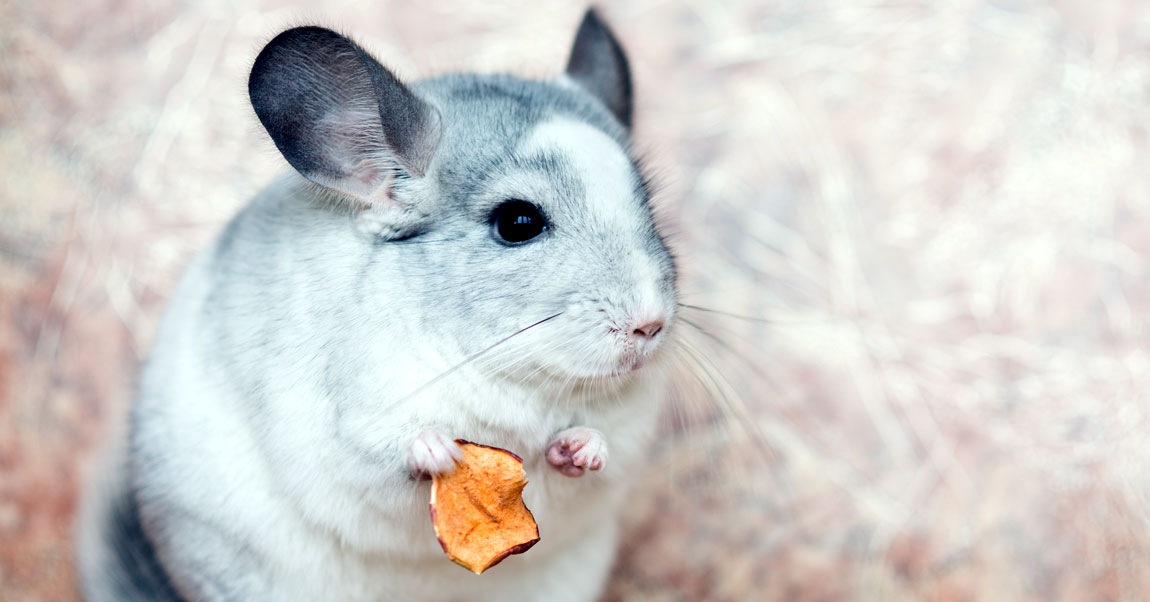Chinchillas have needs like any pet. As the pet’s owner, it’s your job to provide for these needs. But do chinchillas like to play, and do you need to keep them entertained?
Chinchillas get bored if they don’t have enough to do. You can tell because it will start displaying repetitive behaviors, such as digging, bar chewing, and excessive barbering. Chinchillas get lonely and even more bored if kept alone. You can help a bored chinchilla by getting it a cage mate and some toys.
Do Chinchillas Like to Play?
Chinchillas enjoy playing, like many animals. You can see these behaviors both in the wild and in captivity. When your chinchillas are playing, you may see them:
Exploring. A playing chinchilla will run about sniffing new places. This is especially the case for pet chinchillas, which get excited when you let them out of their cages.
Jumping. Chinchillas jump when they’re excited, and can leap up to four feet in the air.
Climbing on and jumping off things. Chinchillas are from the mountains, and when they play, they jump up and down off rocks. Pet chinchillas do the same with surfaces.
Play fighting. A chinchilla may kick its cage-mate to get it to chase it.
Your chinchilla may also play with you in these ways. It may clamber onto your shoulders, for example. Or, it might jump onto you and off you again. When you watch your chinchilla doing these things, it seems like it’s having fun.
While you shouldn’t anthropomorphize your pet (think of it like a little person), it’s clear a chinchilla is happier if it can play than if it can’t.
Conversely, if a chinchilla is kept in its cage on its own all the time, it can’t display these behaviors. This is when you notice your chinchilla getting bored.
Why Do Chinchillas Like to Play?
There are several core reasons why they enjoy, and even need, to play. While chinchillas aren’t as intelligent as people, they like to play for the same reasons that we do:Chinchillas are social animals. Play builds bonds and reinforces social structure. From the time that they’re kits, chinchillas learn to play with their siblings and parents. Play is a kind of practice. Animals chase each other and use self-defense when playing, which can serve as practice for real situations.
Play is fun. Animals take pleasure in many things, just like we do, including play. This is something that’s impossible to measure, but which you can see as a pet’s owner.
Play fighting is the best example of how play prepares an animal for dangerous situations. Kits (baby chinchillas) fight each other to develop their strength and self-defense abilities. Fighting strength also establishes dominance and attracts mates, so developing it from an early age is necessary for surviving and establishing breeding rights.
Without play, animals become bored. In the complete absence of stimulation, they can become stressed, depressed, and even ill. That applies to captive animals like pet chinchillas too.



